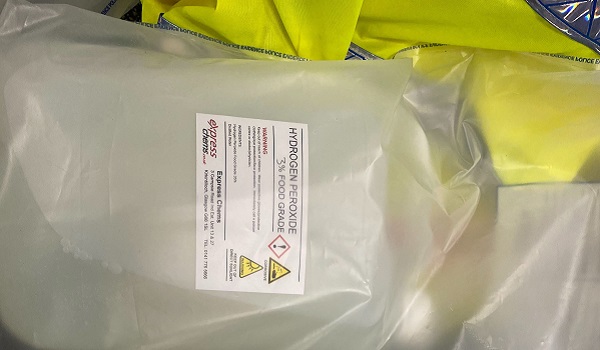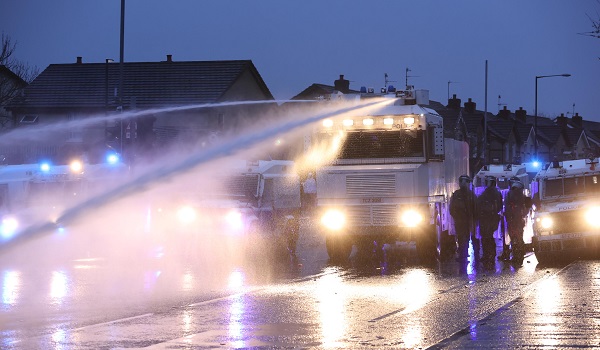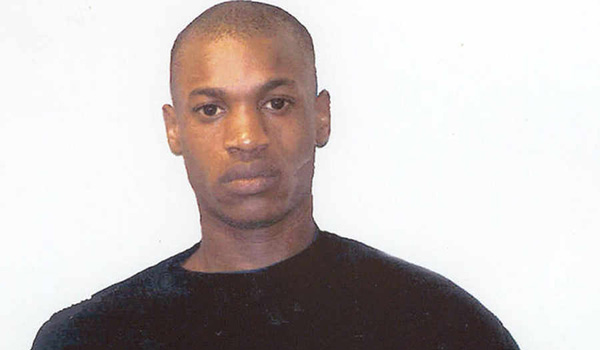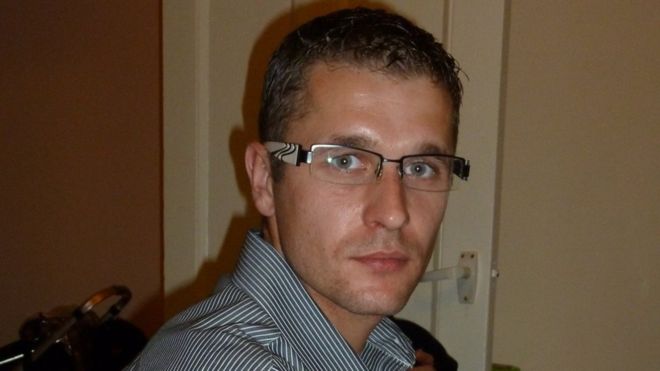Verbal harassment and forceful dancing most common forms of unwanted sexual behaviour at festivals
Festival-goers have been urged not to be bystanders when they witness assaults after groundbreaking research revealed almost half of female attendees aged under 40 have faced unwanted sexual behaviour.
The 43 per cent figure should serve as a wake-up call for the industry to treat sexual violence as seriously as other crimes at festivals, said campaigners for women’s safety.
In seven out of ten cases the perpetrator was a stranger, the YouGov poll of 1,888 festival goers also found.
Sexualised verbal harassment and unwelcome and forceful dancing were the most common forms of unwanted sexual behaviour experienced in the survey for the Press Association.
But 11 per cent of women said they had been sexually assaulted at a festival, four per cent while they were unconscious or asleep. In contrast, three per cent of men suffered sexual assaults while conscious.
But only two per cent had reported the incidents to the police with one per cent of women and 19 per cent of men surveyed reporting sexual assault or harassment to a member of festival staff, either before or after the event.
Overall, some 22 per cent of all Britons who have been to a festival faced some kind of unwanted sexual behaviour, rising to almost one in three of all women, the survey – believed to be the first of its kind – uncovered.
The Association of Independent Festivals (AIF) is pressing to raise greater awareness about sexual violence among audiences, artists, staff and volunteers.
“If someone reports a crime or suspicious behaviour to us, we should encourage and enable them to report it to the police or stewards as soon as possible,” it urges.
A new ‘Safer Spaces’ campaign is spreading key messages around “consent”, about “not being a bystander” and taking a “zero tolerance” approach to all forms of sexual assault, committing festival organisers to staff and volunteer training on issues related to sexual violence, and to continue providing clear welfare provision for victims.
Last month, 28 festival websites, including Bestival, Boomtown Fair, End of the Road, Parklife and Secret Garden Party, “blacked out” for 24 hours to foster an increased awareness about sexual assault.
AIF campaign manager Renae Brown said: “This campaign is building upon the positive measures that are already being taken by our members.
“We are reiterating that we have a zero tolerance towards any form of sexual harassment or assault at our events.”
Rebecca Hitchen, operations coordinator at Rape Crisis South London, Rape & Sexual Abuse Support Centre added: “We welcome this important new campaign from the AIF. It’s vital that as much as possible is done to ensure festivals can be safe spaces, free from sexual violence.
“It’s really positive to see event organisers commit to training and strategies aimed at preventing sexual assault and rape at festivals, as well as making sure those who do experience these crimes get access to appropriate support.
“Zero tolerance to sexual violence and encouraging festival-goers not to be bystanders when they witness assaults are strong and crucial messages.”
February’s Crime Survey of England and Wales statistics showed that one in five women had experienced some form of sexual assault since they turned 16.
Part of the problem is how difficult it is to quantify. According to Rape Crisis, more than half a million adults are sexually assaulted in England and Wales each year and only 15 per cent choose to report it to the police.
Approximately 85,000 women and 12,000 men are raped.
The Office of National Statistics recently reported a 12 per cent rise in sexual offences including rape in England and Wales in 2016.
Sexual assault can happen anywhere and to anyone, and the AIF says there is no evidence to suggest that more of these incidents take place at festivals, adding: “Organisers take this issue incredibly seriously in their planning and practices – these include the provision of welfare services, 24-hour security on campsites and arenas, and close working relationships with police and other relevant agencies.”







